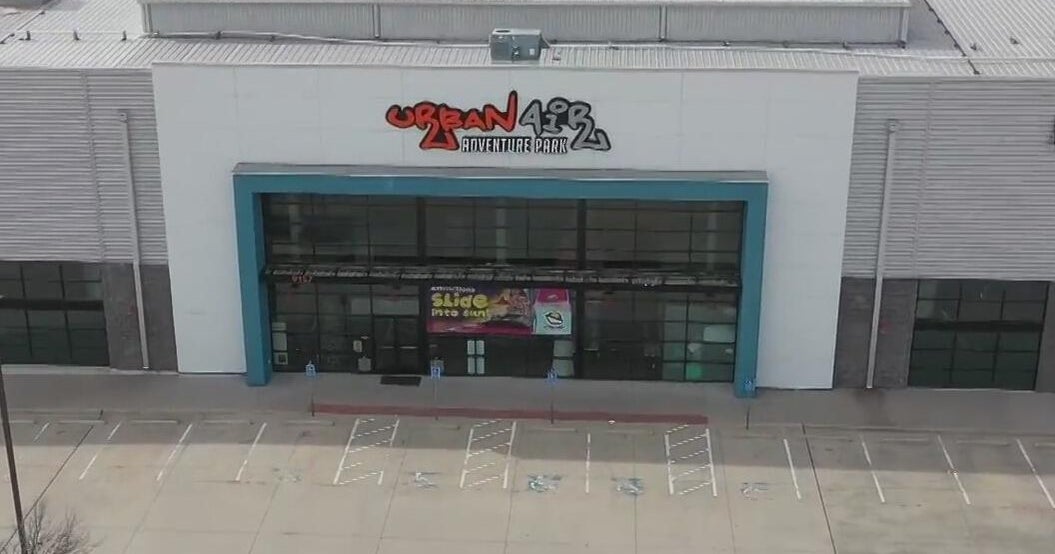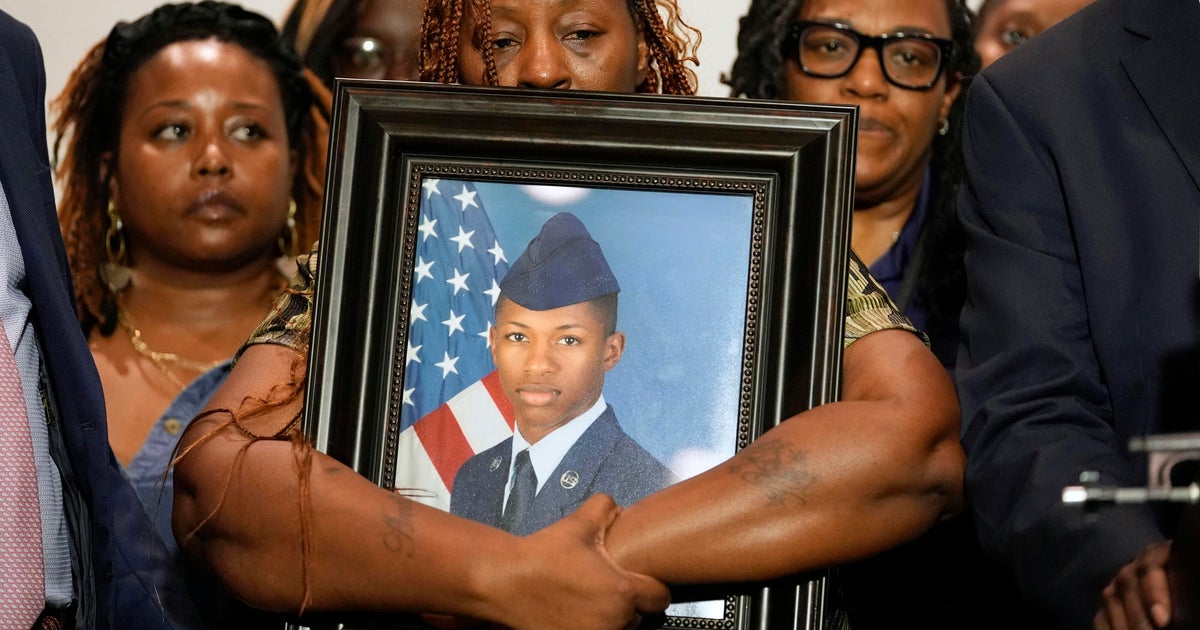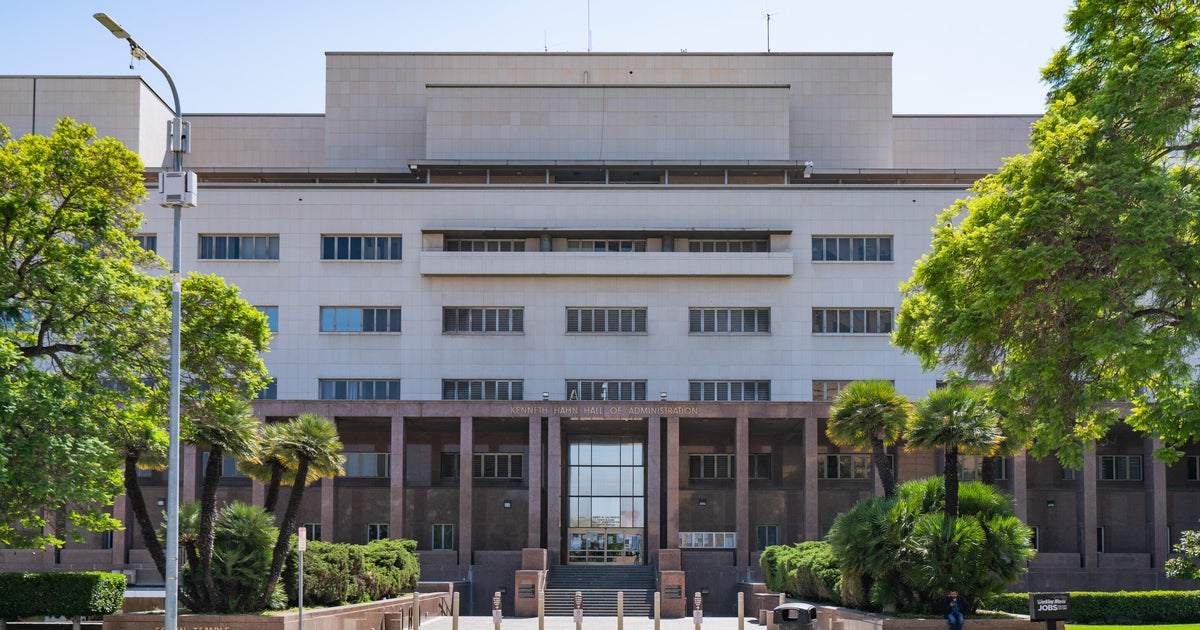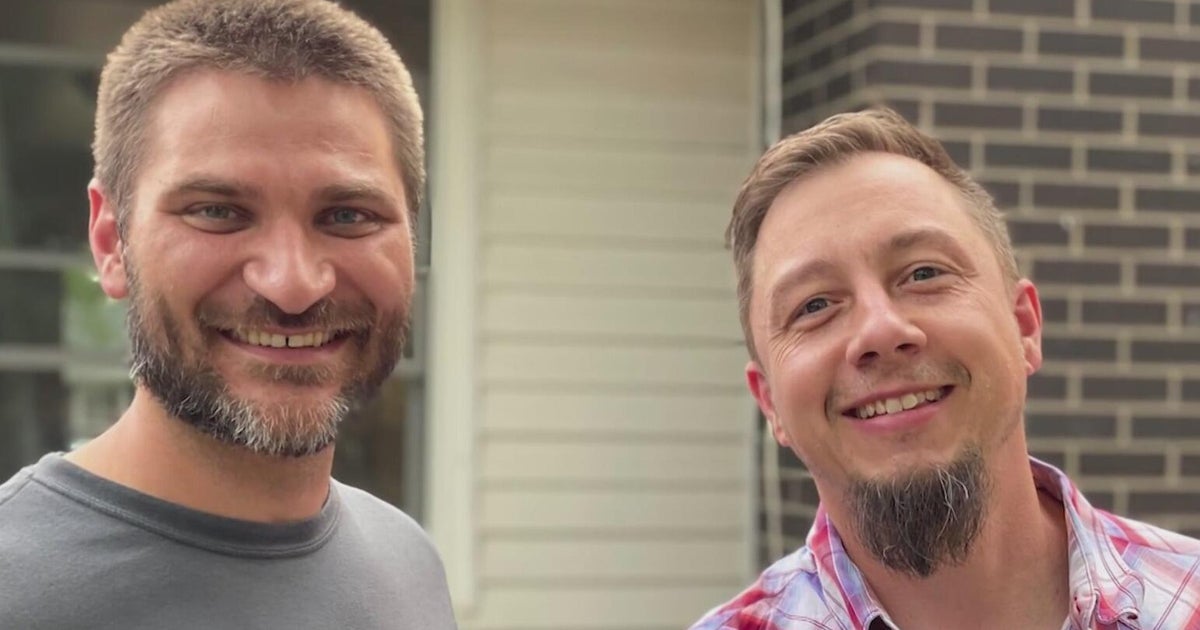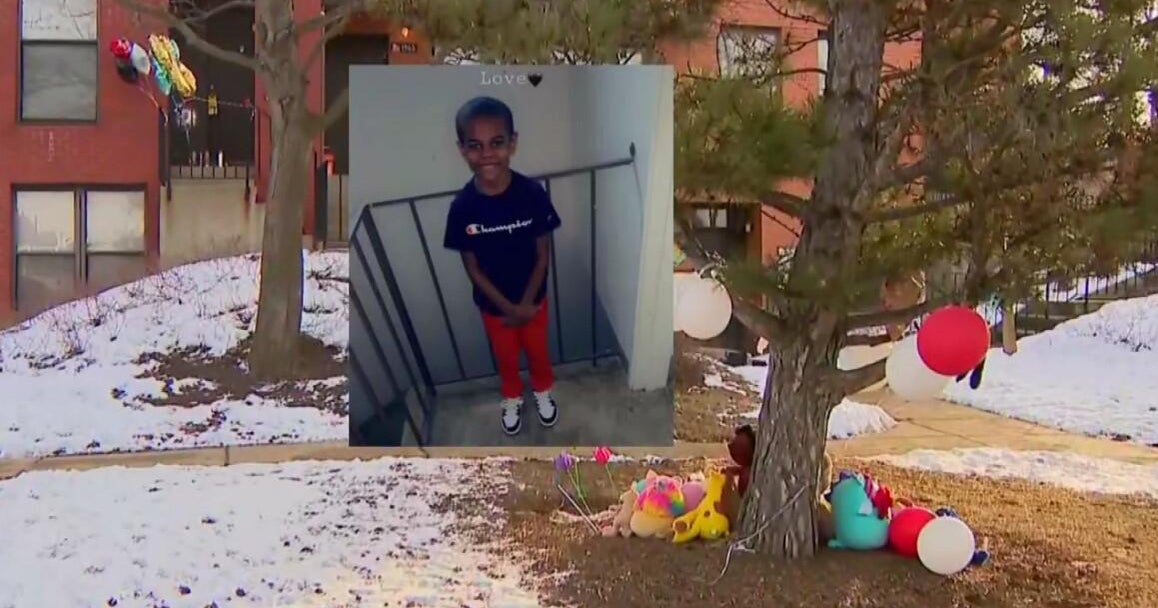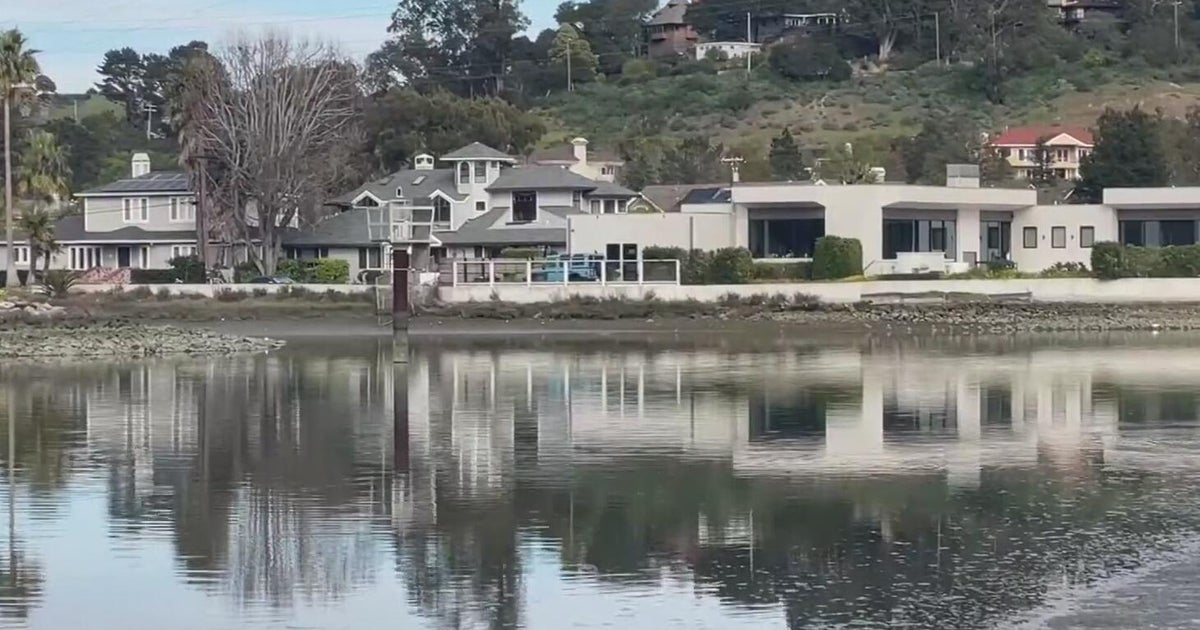Anti-Gambling Chatter Dominates Legislative Hearing
TALLAHASSEE (CBSMiami) – Panhandle residents sounded off Thursday against the state expanding gambling.
Members of the Senate Gaming Committee gathered in Pensacola where the prevailing opinion was that the state shouldn't make gaming options more convenient or approve massive casinos, even if they're just in South Florida.
"Keep Biloxi in Biloxi," said Randolph Smith, a former Lutheran pastor from Pensacola who called himself a compulsive gambler.
The on-the-road hearing was the third for the committee as it gathers input on potential changes to the state's gambling scene, with the possibilities ranging from non-tribal casino resorts to the addition of slot machines at pari-mutuels outside of Broward and Miami-Dade counties.
Prior hearings were held in Coconut Creek and Lakeland. A fourth hearing will be held Friday in Jacksonville.
With about 40 speakers in Pensacola, the committee has now heard from nearly 180 people at the three stops.
Representatives of Ebro Greyhound Park in Washington County and Gretna Racing in Gadsden County spoke about the need for lawmakers to change a state law, backed by Florida Attorney General Pam Bondi, that only recognizes referendums on slot machines in Miami-Dade and Broward counties.
Also, the lawmakers heard a few voices saying Florida should create a statewide regulatory body and receive the gambling revenue that state residents are currently taking elsewhere.
"You cannot dictate, you cannot control people," said Sylvia Pearson, a retired widow from Pensacola. "Why not take advantage of the job opportunities, and possible income from casino jobs, and not have the 99 percent of us taking our money to Biloxi."
Senate President Don Gaetz, a Niceville Republican who attended the hearing, said the gaming review is needed because a major component of a legal compact with the Seminole Indians is expiring and the Legislature needs direction before the 2014 session to either continue the deal or move in another direction.
The 2010 compact guarantees the tribe will make minimum annual payments, totaling $1 billion over five years, to the state. But the annual payments will be cut nearly in half when the deal with the Seminoles regarding banked table games sunsets in less than two years unless reauthorized by lawmakers and the governor.
Committee members Thursday offered little insight into where they were heading on the issue, mostly saying they were "listening and learning."
Emulating the positions of Disney World and the Florida Chamber of Commerce, a bigger concern for a number of Panhandle officials and business leaders is the perceived negative image that would be cast on the state from more gaming, regardless of where casinos would be allowed.
Shane Moody, president and CEO of the Destin Area Chamber of Commerce, said an expansion of gambling in Florida would harm the family brand his tourism-dependent coastal community has fostered.
"What this means to Destin and the state is that we lose the family brand we've created, we lose our small business economy as the large casinos do all they can to keep visitors and gamblers in their facilities," Moody said. "Let us continue working together across the state to build our economy with high-tech, research, medical and other jobs."
"The News Service of Florida's Jim Turner contributed to this report."

